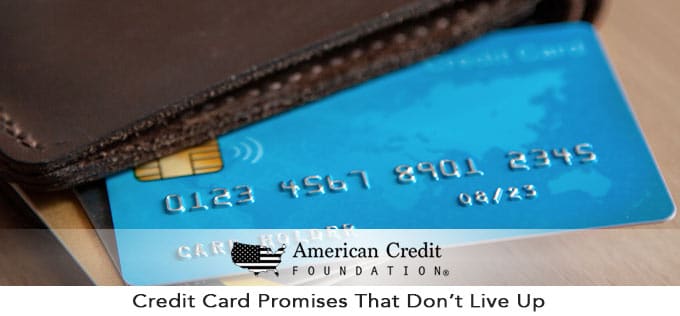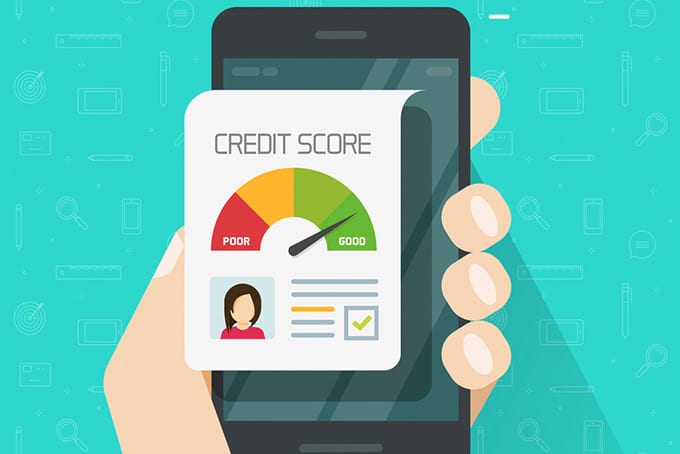
So, you’re an easy mark: The additional discounts offered by becoming a cardholder and all those bonus points if you “sign up now” are too good to pass up. But if you’re feeling that pull from a “cash-back” or “mileage points” credit card, pause for a moment before taking the plunge.
These types of cards can definitely be rewarding. You might get an occasional check or earn free air travel. But they can also be punitive: If you’re not careful, the pursuit of reward points could instead earn you a world of financial hurt.
Let’s consider some of the pitfalls that consumers fall into while racking up rewards points.
Fees, Fees, Fees! Maybe the biggest question you need to ask yourself is, “Will the annual fee be worth it?” It may seem exorbitant, but annual fees of up to $500 are not unheard of with some of today’s rewards cards. Only you can answer whether your new fees will be worth it: Will you be able to earn a lot of points? Will you be able to use all your accrued perks regularly? How will you be sure you’re getting more out of it than you’re paying into it?
Too Much Work: How easy is it to redeem your points? Some of these perks programs are just too much work to make it worth your time, from cumbersome points tracking methods to poor online interfaces to over-restrictive regulations. Do a little research before you jump on board: How – and when – can you cash in your loyalty points? Are there any restrictions, blackout dates, or other red flags to be aware of?
It’s Not Even-Steven: Read the fine print: What is this new card’s annual percentage rate (APR)? If it’s like a lot of cards out there today, it’s likely around 17 percent. Now, take a look at how much cash back you can earn. Most of the time, you won’t see more than 3 percent. You don’t need to be an accounting whiz to understand that this just doesn’t add up in your favor, if you are carrying balances.
Not Very “Rewarding”: You want your credit card to work for you, right? So before you sign up for a travel-related account, carefully consider where you travel. You might be able to earn great reward points from XYZ Airline, but if your desire is to fly to Tahiti, make sure they can get you there. Also keep in mind that, if you’re traveling with a companion, their ticket could cost a lot more than you might find with another carrier.
“Free” Doesn’t Really Mean Free: You earned that round-trip ticket to Tahiti. Good for you! But keep in mind that a.) you earned it because you spent enough money using that credit card and b.) you still have to pay for your luxury hotel room plus resort fees plus food and beverages while you’re there. For good measure, tack on long-term parking at the airport or a door-to-door shuttle service. These are all typical expenditures for a vacation, but don’t kid yourself about how much you’re “saving” thanks to your rewards program.
Biting Off More Than You Can (or Should) Chew: Many royalty credit cards offer an enticing “welcome bonus” that works something like this: Get 50,000 bonus points after you spend $3,000 within three months of opening the account. Wow – that’s a lot of points! The thing is, you might be tempted to charge more than you normally would – or should! – just to reach the required minimum spend amount. Think long and hard about this: If you’ve been in the market for a new sofa, washer and dryer, or other big-ticket item, maybe this arrangement makes sense for you. But if you’re likely to use this minimum spend amount as an excuse for going crazy on the impulse buys, steer clear.

Bad News for Your Score: Keep in mind the impact on your credit score. Regardless of the lender or card, any time you open a new credit card, your credit report will show an inquiry. This can cause your score to drop. This drop is only temporarily, but if you’re simultaneously, say, applying for a mortgage or financing a new car, you could risk being rejected.We’re not saying that all royalty credit card programs are bad. We just want you to be fully aware before jumping into an account that doesn’t help your personal financial situation. If you’d like to discuss your options or brainstorm other ideas, contact the advisors at American Credit Foundation for a no-nonsense, unbiased conversation.